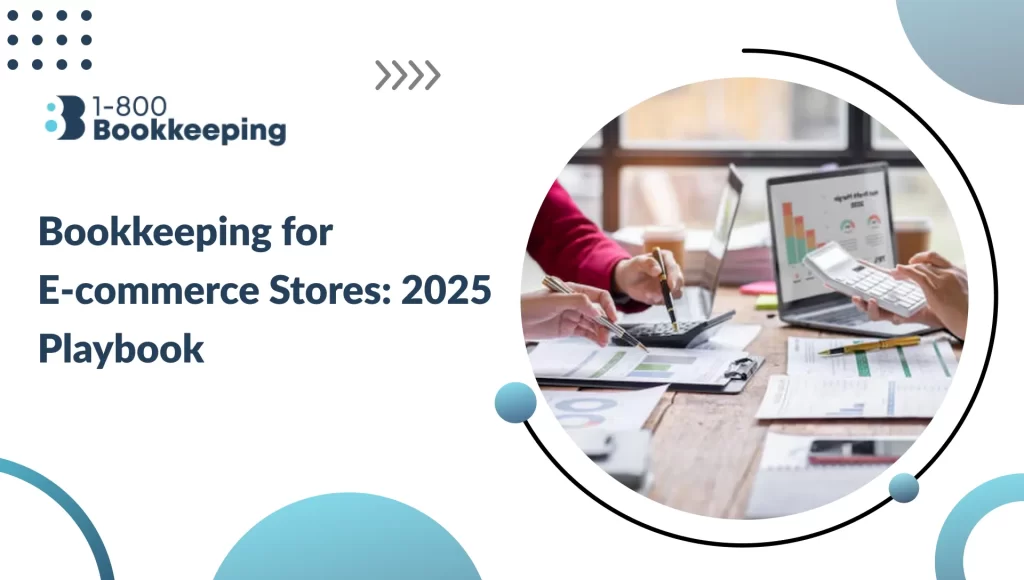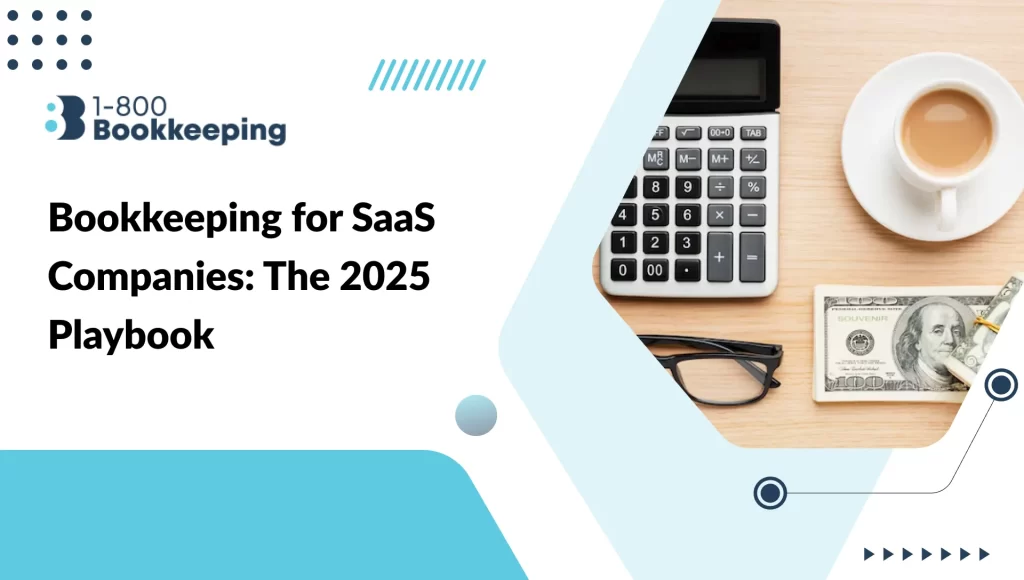Effective debt management is crucial for the health and sustainability of any business, especially for small business owners who often operate with limited financial margins. Maintaining healthy financial practices ensures the smooth functioning of your business and positions it for growth and stability. Effective debt management is not just about clearing your balances; it’s about creating a sustainable financial strategy that supports your business’s growth and stability. This blog will delve into various debt management strategies, offering actionable tips for reducing business debt, managing business loans, handling business debt efficiently, and formulating comprehensive debt repayment plans for businesses.
Assessing Your Current Debt Situation
Before embarking on any debt management journey, it’s vital to thoroughly assess your current debt situation. This involves:
- Listing All Current Debts: Compile a comprehensive list of all debts, including loans, credit card balances, and other outstanding financial obligations. This step provides a clear picture of your total debt and is the foundation for your debt management strategy.
- Understanding Interest Rates and Repayment Terms: Familiarize yourself with each debt’s interest rates and terms. This knowledge will help you prioritize which debts to tackle first. Understanding the specifics of your debts allows you to make informed decisions about repayment strategies.
- Prioritizing Debts Based on Urgency and Interest Rates: It makes sense to focus on high-interest debts first and consider any debts with urgent repayment terms or penalties for late payment. Prioritizing your debts helps you allocate resources more effectively and avoid costly penalties.
A clear picture of your financial obligations can help you develop a more targeted and effective debt management strategy.
Partnering with 1-800 Bookkeeping for Effective Debt Management
1-800 Bookkeeping offers comprehensive bookkeeping services that can significantly aid in effective debt management. Here’s how:
- Comprehensive Bookkeeping Services for Accurate Financial Tracking: Accurate financial tracking is crucial for effective debt management. 1-800 Bookkeeping ensures that your financial records are precise and up-to-date.
- Expert Advice on Debt Repayment and Financial Planning: Our team of experts can provide tailored advice on debt repayment and financial planning, helping you develop effective debt management strategies.
- Benefits of Using Professional Services to Maintain Financial Health: Utilizing professional services can free up time, reduce stress, and ensure that your debt management plan is as effective as possible.
By partnering with 1-800 Bookkeeping, you can leverage our expertise to improve your financial health and achieve your debt management goals. Contact us today to learn how we can help you manage your business debt effectively.
Creating a Debt Repayment Plan
A well-structured debt repayment plan is crucial for managing business loans and debts. Here’s how you can create one:
- Setting Clear and Achievable Repayment Goals: Define specific, measurable, achievable, relevant, and time-bound (SMART) goals for repaying your debts. Setting clear goals gives you a roadmap for repayment and helps you stay focused.
- Exploring Debt Repayment Methods: Two popular methods are the Avalanche Method (paying off debts with the highest interest rates first) and the Snowball Method (paying off the smallest debts first to build momentum). Choosing the right method for your situation can accelerate your debt repayment process.
- Allocating a Budget for Debt Repayment: Dedicate a portion of your monthly revenue specifically for debt repayment. Ensure that this budget is realistic and sustainable. Allocating a specific budget ensures consistent progress toward debt reduction.
Creating a debt repayment plan requires careful planning and commitment, but it can significantly streamline your debt management efforts and facilitate faster repayment.
Reducing Business Expenses
Cutting unnecessary costs can free up funds for debt repayment. Here are some tips for reducing business expenses:
- Conducting an Expense Audit: Regularly review your business expenses to identify areas where you can cut costs. An expense audit helps you understand where your money is going and identify opportunities for savings.
- Identifying and Eliminating Non-Essential Expenses: Differentiate between essential and non-essential expenses. Eliminate or reduce spending on non-essential items. Cutting non-essential expenses frees up funds that can be redirected towards debt repayment.
- Negotiating with Suppliers for Better Terms: Don’t hesitate to negotiate with your suppliers for better pricing or more favorable payment terms. This can lead to significant savings over time. Improved supplier terms can reduce your overall expenses and improve cash flow.
Reducing business expenses requires a critical eye and a proactive approach. However, the savings generated can be pivotal for effective debt management.
Increasing Revenue Streams
Boosting income can also aid in managing debt more efficiently. Consider these strategies:
- Exploring New Markets or Products: Diversifying your product line or entering new markets can open additional revenue streams. Expanding your offerings can attract new customers and increase sales.
- Enhancing Marketing Efforts: Invest in targeted marketing campaigns to attract customers and increase sales. Effective marketing can boost your revenue and provide funds for debt repayment.
- Offering Promotions or Discounts to Increase Sales: Timely promotions or discounts can stimulate sales and generate quick revenue. Strategic promotions can drive short-term sales and improve cash flow.
By increasing your revenue streams, you can allocate more funds toward debt repayment, accelerating your journey toward financial stability.
Refinancing and Consolidating Debt
Refinancing or consolidating debt are viable options for reducing interest rates and simplifying payments. Here’s how you can approach it:
- Benefits of Refinancing: Refinancing can lower your interest rates and monthly payments, making it easier to manage your debt. Lower interest rates reduce the overall cost of your debt.
- Steps to Consolidate Debt: Debt consolidation involves combining multiple debts into a single loan with a lower interest rate. It simplifies payments and can reduce the interest burden.
- Evaluating the Best Financial Products for Your Situation: Research different financial products and choose the one that best matches your financial needs and goals. Finding the right financial product can optimize your debt management strategy.
Refinancing and consolidating debt can simplify your debt management process and reduce the overall cost of your debt.
Seeking Professional Advice
Professional advice can be invaluable in managing business debt. Here’s why:
- Benefits of Consulting with Financial Advisors or Bookkeepers: Financial experts can provide tailored advice and strategies based on your unique situation. Professional guidance ensures that your debt management plan is effective and customized to your needs.
- Services Provided by Professional Bookkeeping Firms: These firms can help with everything from financial tracking to developing a comprehensive debt management plan. Professional services provide expertise and support in managing your finances.
- How Professional Advice Can Improve Debt Management Strategies: Expertise from professionals can help you navigate complex financial situations and make more informed decisions. Professional advice enhances your debt management efforts and increases your chances of success.
Seeking professional advice can enhance your debt management strategies and improve your chances of achieving financial stability.
Monitoring and Adjusting Your Plan
Regularly reviewing and adjusting your debt management plan is crucial for long-term success. Here’s how to stay on track:
- Tracking Progress Against Repayment Goals: Regularly monitor your progress to ensure you meet your repayment goals. Tracking your progress helps you stay motivated and identify any issues early.
- Making Adjustments Based on Financial Changes: Be prepared to adjust your plan in response to changes in your financial situation. Flexibility allows you to adapt to new circumstances and stay on track.
- Staying Committed to the Plan for Long-Term Success: Commitment and consistency are key to effective debt management. Staying committed to your plan ensures long-term financial health and stability.
You can manage your debt and ensure long-term financial health by continuously monitoring and adjusting your plan.
Conclusion: Staying on Top of Debt
Effective debt management is an ongoing process that requires vigilance, discipline, and proactive planning. By assessing your current debt situation, creating a robust repayment plan, cutting unnecessary expenses, boosting revenue, considering refinancing or consolidation, seeking professional advice, and continuously monitoring your plan, you can manage your business debt more effectively.
Maintaining financial discipline and proactively managing debt is crucial for your business’s long-term sustainability and growth. With these strategies in place, you can work towards achieving a debt-free and financially stable business.
Feeling Overwhelmed by Bookkeeping? We Can Help.
Running a business is demanding, and keeping track of your finances can be a never-ending chore. Many business owners need help with the complexities of bookkeeping, which can leave them frustrated and behind.
1-800 Bookkeeping offers expert services to streamline your financial processes and empower you to make informed decisions.
Our team of seasoned professionals understands the unique challenges businesses of all sizes face. We can help you:
- Free Up Valuable Time: Offload your bookkeeping tasks to our dedicated professionals.
- Gain Peace of Mind: Ensure your financial records are accurate and up-to-date.
- Make Smarter Decisions: Get actionable insights into your business performance through clear and concise reports.
- Feel Confident: Make informed financial decisions based on reliable data.
Don’t let bookkeeping hold you back from achieving your business goals. Contact 1-800 Bookkeeping today for affordable bookkeeping solutions.
FAQs:
1. Why is effective debt management crucial for small businesses?
Effective debt management is essential for small businesses because it ensures financial stability, helps maintain smooth operations, and positions the business for growth. It can also prevent financial strain and support long-term sustainability.
2. How can I prioritize which debts to pay off first?
Prioritize debts based on interest rates and urgency. Typically, focusing on high-interest debts first minimizes overall interest payments. Also, consider debts with urgent repayment terms or penalties for late payments.
3. What are the benefits of refinancing business debt?
Refinancing business debt can lower interest rates and monthly payments, making debt more manageable. It can reduce the overall cost of debt and free up funds for other business needs.
4. How can increasing revenue streams aid in debt management?
Increasing revenue streams provides additional funds that can be allocated toward debt repayment. This can accelerate debt reduction and improve financial stability. Strategies include exploring new markets, enhancing marketing efforts, and offering promotions.
5. Why should I seek professional advice for debt management?
Professional advice can provide tailored strategies based on your unique financial situation. Financial advisors or bookkeepers can offer expertise, help navigate complex financial scenarios, and improve your debt management plan.





